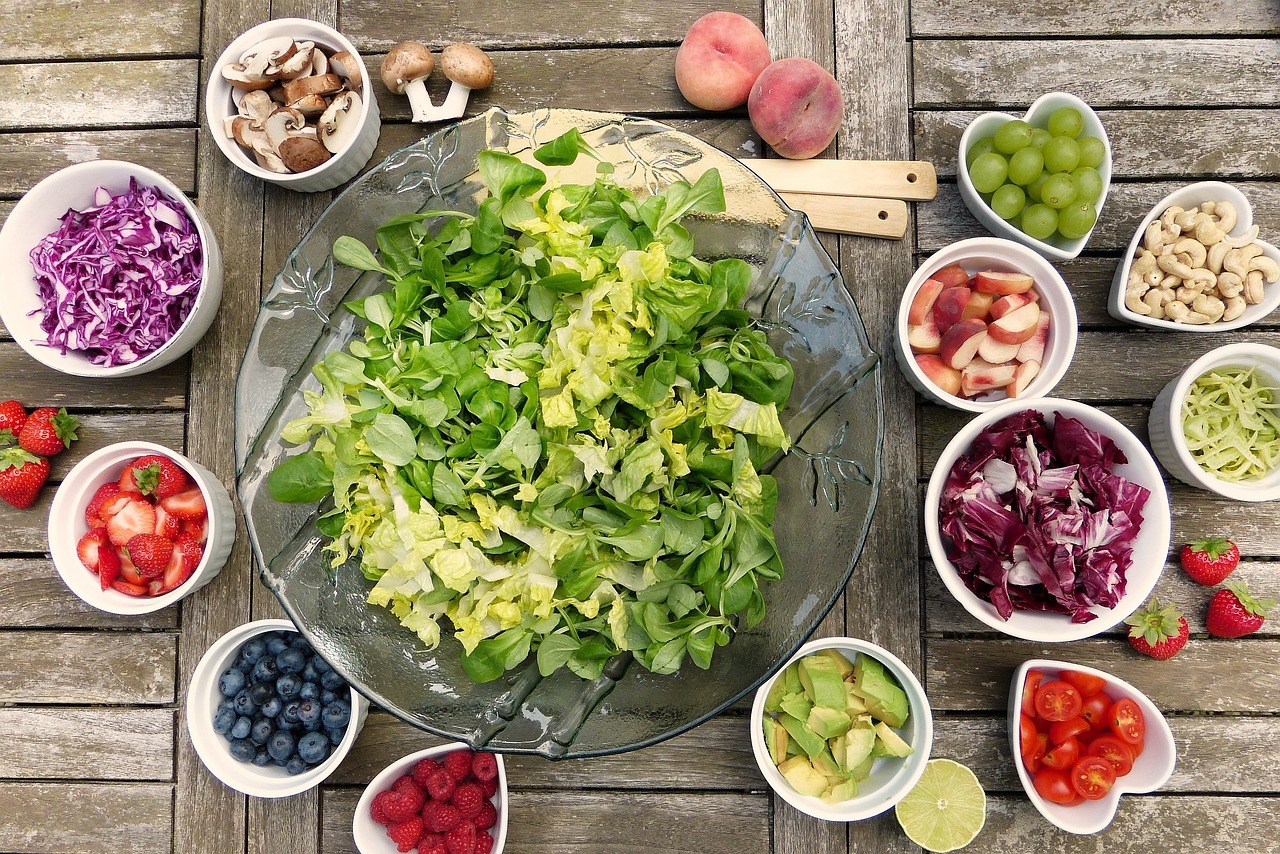A healthy heart is at the core of overall well-being, and one of the most potent tools at your disposal is your diet. What you eat can significantly impact your cardiovascular health. In this comprehensive guide, we’ll take a deep dive into the world of heart-healthy foods and discover how simple dietary changes can make a significant difference in your heart’s well-being.
The Mediterranean Diet: Embracing Heart Health The Mediterranean diet, often lauded as one of the healthiest eating patterns in the world, is centered around whole, unprocessed foods. It includes an abundance of fruits and vegetables, whole grains, legumes, and healthy fats such as olive oil. This diet is not only delicious but also known to reduce the risk of heart disease. Its key components include:
- Olive Oil: Rich in monounsaturated fats, it can help reduce bad cholesterol levels.
- Fruits and Vegetables: Packed with vitamins, minerals, and antioxidants that support heart health.
- Nuts and Seeds: Almonds, walnuts, and flaxseeds provide healthy fats and fiber.
- Fish: Fatty fish like salmon and mackerel are high in omega-3 fatty acids, known to reduce inflammation and improve heart health.
Omega-3 Rich Foods: The Heart’s Best Friends Fatty fish, flaxseeds, chia seeds, and walnuts are among the best sources of omega-3 fatty acids. These essential fats help lower the risk of heart disease by reducing inflammation, decreasing triglyceride levels, and stabilizing heart rhythms. Incorporating them into your diet can be as simple as enjoying a weekly serving of salmon or sprinkling flaxseeds on your morning cereal.
Fruits and Vegetables: Nature’s Heart-Healers Colorful fruits and vegetables are a treasure trove of vitamins, minerals, and antioxidants that protect your heart. These nutrients help reduce blood pressure, prevent artery damage, and lower the risk of heart disease. Aim to fill half your plate with a variety of fruits and vegetables in every meal.
Whole Grains: The Fiber Connection Whole grains like oats, brown rice, quinoa, and whole wheat bread are packed with fiber. Fiber is known for its heart-healthy benefits, including lowering cholesterol levels and reducing the risk of heart disease. Swap refined grains for whole grains to make a lasting impact on your heart health.
Nuts and Seeds: Tiny Powerhouses of Nutrition Nuts and seeds are rich in heart-healthy nutrients, including unsaturated fats, fiber, and plant sterols. These components can help lower bad cholesterol levels and reduce the risk of heart disease. A small handful of nuts or seeds as a snack can be a nutritious addition to your diet.
Limiting Sodium and Processed Foods: The Importance of Reading Labels Excessive sodium intake can lead to high blood pressure, a major risk factor for heart disease. Processed foods, such as canned soups, snacks, and fast food, are often high in hidden sodium. Reading food labels and choosing low-sodium options can help you maintain a heart-healthy diet.
Heart-Healthy Cooking Tips: Preparing Delicious, Heart-Conscious Meals Preparing heart-healthy meals doesn’t mean sacrificing flavor. Opt for cooking methods like grilling, steaming, and baking instead of frying. Use herbs and spices to add flavor without excess salt. Experiment with healthy fats like avocado and nut oils in your recipes.
By embracing these heart-healthy foods and making them a regular part of your diet, you’re taking proactive steps to safeguard your cardiovascular health. Remember, small changes can lead to significant benefits, and your heart will thank you for it.




